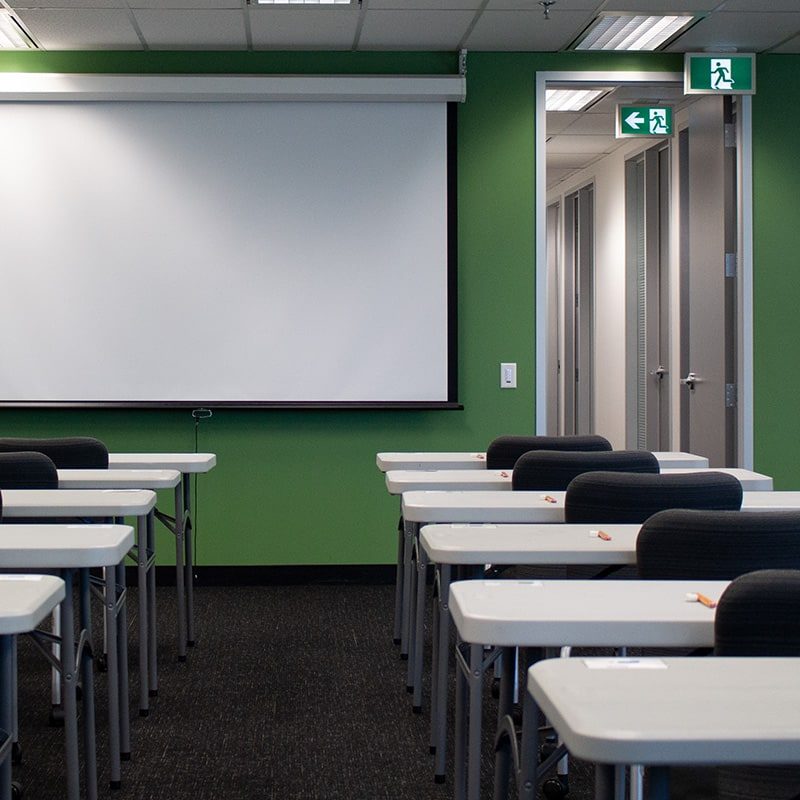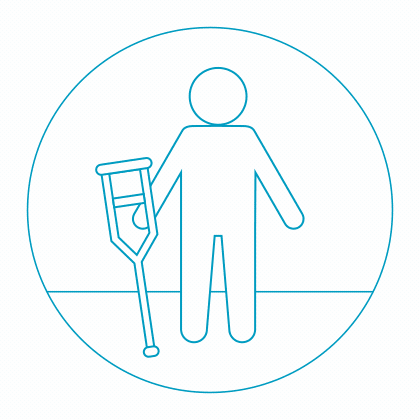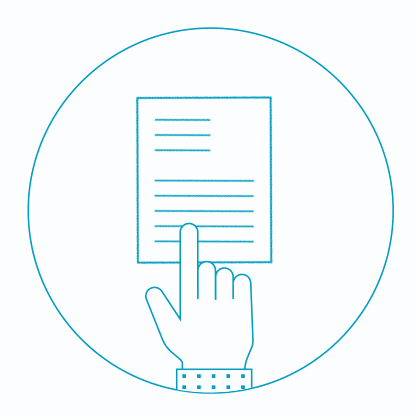ABOUT US
Exam Accommodation Policy
Please note: Touchstone Institute exam policies do not necessarily apply to assessments conducted on behalf of other organizations.
Overview
Touchstone Institute will provide reasonable exam accommodations for examinees with documented disabilities. Reasonable accommodation refers to any adjustment to the examination materials or testing environment that permits a qualified applicant with a disability to perform, without undue hardship to the institution providing accommodation. Documented disabilities are those for which there is a diagnosis by a qualified professional.

Index
Main Purpose
The purpose of the exam accommodation policy is to provide equity, not advantage. Any requested modification that would substantially alter essential elements of the examination cannot be granted. As a general principle, it is desirable to retain as much of the original examination material and testing environment as possible and make the accommodation specific to the disability or disabilities in question.

Categories
Categories of Disabilities that may be Granted Accommodation
- Learning disabilities
- Auditory impairment
- Mobility impairment
- Visual impairment
- Mental illness or psychological disability
- Attention Deficit Disorder (ADD) & Attention Deficit Hyperactivity Disorder (ADHD)
- Brain or head injury
- Medical conditions
- Other disabilities
Types of Accomodations
Accommodations that may be Granted to Individuals
- Extended testing time
- Additional rest breaks
- Sign language Interpreter (for spoken directions only)
- Large print
- Large print answer sheet
- Low-noise testing environments
- Wheelchair-friendly testing room
- Examinations that are individually proctored
- Use of assistive devices or adaptive equipment
Procedure
Accommodations Procedure
It is recognized that no single type of exam accommodation may be adequate or appropriate for all individuals with any given type of disability.
Examinees with disabilities may be able to take the exam under standard conditions if Touchstone Institute determines that only minor adjustments to the testing environment are required (e.g., wheelchair access, large-print exam book, etc.). An example of this would be when an examinee uses a large-print version of a reading comprehension exam and requires no extended exam
Criteria
Documentation Criteria
Documentation must be submitted to grant accommodation, and should:
- Describe the specific accommodations requested
- Clearly state the diagnosed disability or disabilities
- Describe the functional limitations resulting from the disability or disabilities
- Be current – i.e., completed within the last 5 years for physical and/or medical conditions and learning disabilities, or last 6 months for psychiatric disabilities (NOTE: this requirement does not apply to physical or sensory disabilities of a permanent or unchanging nature)
- Include complete educational, developmental, and medical history relevant to the disability for which testing accommodations are being requested
- Include a list of all test instruments used in the evaluation report and relevant subtest scores used to document the stated disability (this requirement does not apply to physical or sensory disabilities of a permanent or unchanged nature)
- Adequately support each of the requested testing accommodation(s)
- Be typed or printed on official letterhead and be signed by an evaluator qualified to make the diagnosis (include information about license or certification and area of specialization of the evaluating professional)
The type of documentation and the qualifications required of the professional will depend on the disability or disabilities documented. In the case of learning disabilities, such assessment will usually be made by psychologists, psychological associates, or psychoeducational consultants. Self-diagnosis is not sufficient or appropriate in supporting a request for accommodation. Individuals with undiagnosed disabilities are strongly encouraged to seek out an appropriate diagnosis of their disability.
Documentation and identification may come from a variety of professionals including: physicians, medical specialists, psychologists, psychiatrists, speech-language pathologists, case managers with insurance companies, community agencies, and Workplace Safety and Insurance Board representatives.
For instance, “not doing well on multiple-choice exams” is not a disability per se, and accommodations cannot be provided based on such requests. There are many different kinds of disabilities that may impact one’s ability to perform on multiple-choice exams. Each of these disabilities might well require a different form of accommodation. It is important to get a diagnosis of the disability which is appropriate to support an effective accommodation.

Requests
Procedures for Requesting Accommodations
- The request for accommodations must be made no later than at the time of registration. The form at the bottom of this page must be completed and submitted.
- It is strongly recommended that individuals with disabilities who would be requesting more extensive or individualized accommodations get in touch with Touchstone Institute as early as possible.
- By their very nature, accommodations are individualized. In response to a request for accommodation, and considering all available resources, Touchstone Institute will develop a specific accommodation plan that it deems reasonable and effective. Touchstone Institute aims to respond within two weeks to requests for accommodation, nonetheless, in more complex cases it may take more time to develop an effective accommodation plan.
- Touchstone Institute has the right to select specific adaptive equipment and the support services it provides, as long as they are reasonable and effective.
- If an examinee does not agree with the accommodation provided, the request will be forwarded to the Assessment Oversight Committee (AOC) for review.
Exam accommodations granted are valid for one examination session only. You must submit a new request for any future examination session.
Confidentiality
It is understood that information about disabilities is personal and highly sensitive. It is also the case that effective accommodation often involves the coordination of different organizations and individuals (diagnosing professionals, test centers, Touchstone Institute, proctors, etc.)
In matters relating to accommodations and requests for accommodations, Touchstone Institute is guided by the following guidelines:
- Touchstone Institute will obtain explicit written consent of the individual requesting accommodation to share any personal information with any external organization, agency, or individual.
- In working with any external organization, agency, or individual, Touchstone Institute will only share the information that is necessary to provide effective accommodation.
- Documentation regarding accommodations or requests for accommodations will only be available to Touchstone Institute staff.
- There will be no indication in the record of examination results that accommodations were provided to the individual, unless the accommodation substantially alters essential elements of the examination (in such exceptional cases the examinee will have agreed in advance to such disclosure).
The Legal Framework
The Canadian Charter of Rights and Freedoms, 1982, and the Ontario Human Rights Code (revised 1990) guarantee equal opportunity and freedom from discrimination because of disability. In accordance with the law, Touchstone Institute recognizes the legal obligation to institute policies and procedures that provide equal opportunity and safeguard against discrimination on the basis of disability.
The Canadian Charter of Rights and Freedoms, 1982, Section 15(1), guarantees that:
Every individual is equal before and under the law and has the right to the equal protection and equal benefit of the law without discrimination and, in particular, without discrimination based on race, national or ethnic origin, colour, religion, sex, age or mental or physical disability.
The Ontario Human Rights Code (revised, 1990), guarantees every person:
Equal treatment with respect to service, goods and facilities without discrimination because of race, ancestry, place of origin, colour, ethnic origin, citizenship, creed, sex, sexual orientation, age, marital status, family status, or handicap.
The Accessibility of Ontarians with Disabilities Act, 2005, (AODA) is legislation that focuses on the core principles of independence, dignity, integration, and equality of opportunity for all individuals. Under this Act, the government of Ontario has developed mandatory accessibility standards that will identify, remove, and prevent barriers for people with disabilities in key areas of daily living, and applies to both public and private sector organizations across Ontario.